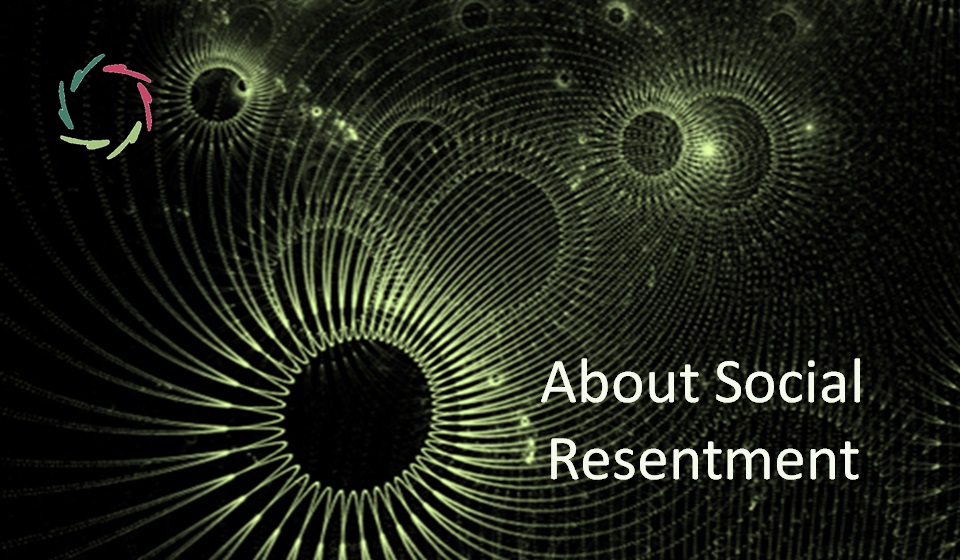Gaza

Gaza. The name itself evokes an overwhelming sense of pain, grief, and unresolved tensions. It represents not only the physical suffering of its people but also a profound symbolic weight — a mirror reflecting the struggles of justice, mercy, and humility in the world today.
“Do not be daunted by the enormity of the world’s grief. Do justly, now. Love mercy, now. Walk humbly, now. You are not obligated to complete the work, but neither are you free to abandon it.” [The Talmud]
The immediate tragedy
The ongoing violence in Gaza is a stark reminder of humanity’s capacity for both destruction and resilience. Every life lost is a unique universe, and the toll is unthinkable, especially on children. Their unrealized futures magnify the depth of the tragedy. How do we even begin to reconcile this unbearable weight?
Yet amidst this unimaginable loss, Gaza also offers a potential lesson of immense importance — a lesson that, if embraced, could guide us toward a deeper understanding of what it means to be human.
Gaza as a symbol
Gaza is more than a geographic and political conflict; it is a symbol of unresolved human tensions. It reflects centuries of historical grievances, fear, and a longing for recognition. For the Jewish people, this symbolism carries an additional weight — the collective memory of persecution, displacement, and existential insecurity.
The lesson of Gaza transcends its specific history. It challenges us to see each person, on all sides, as an individual of infinite worth. It asks us to rise above narratives of victim and oppressor ― to recognize instead the shared humanity that binds us. Gaza’s pain echoes far beyond its borders, asking humanity to address the deeper roots of division and disconnection.
Justice: seeing all sides
True justice for Gaza cannot be a zero-sum game. It must go beyond political victories or defeats. Justice must honor the dignity and humanity of all people — Palestinians, Israelis, and everyone whose lives are affected by this conflict.
Crucially, justice cannot wait for reciprocity. The principles of Compassion and mercy demand that we see the other’s humanity first, even when it feels unreturned or unacknowledged. This proactive recognition of dignity is not a weakness; it is the foundation of lasting peace.
Mercy: holding space for pain
Mercy, as the Talmud teaches, is not about passivity or surrender. It is about opening one’s heart to the suffering of others, even when they are seen as adversaries. Aurelian Compassion – relief of suffering and fostering growth – aligns deeply with this, emphasizing that mercy and justice are inseparable.
Mercy calls us to listen to the grief of both the mother who loses her child to a bomb and the father who fears for his family’s safety under rocket fire. It reminds us that Compassion is not agreement but a willingness to hold space for shared suffering. Through this shared acknowledgment, the seeds of healing can be sown.
Humility: acting without certainty
The complexity of Gaza defies simple solutions. Humility asks us to accept that we cannot fully comprehend the depth of the pain, nor can we know the perfect way forward. Yet humility does not mean inaction. It means stepping into the uncertainty with openness, guided by the principles of justice and mercy.
Humility reminds us that no one side holds a monopoly on truth or righteousness. In this spirit, we are called to foster dialogue, seek understanding, and create space for reconciliation — even when the path seems impossibly fragmented.
The lesson of Gaza for humanity
Gaza’s tragedy holds lessons for the world. It challenges us to:
- Recognize the interconnectedness of all human lives.
- Act with a Compassion that dissolves the boundary between ‘us’ and ‘them.’
- Uphold the infinite worth of every individual, irrespective of background or affiliation.
These lessons are urgently needed — not just for Gaza but for a fractured humanity struggling with its divisions and conflicts.
The infinite worth of every life
Every life taken is an infinite loss, especially the lives of children whose potential is forever unrealized. This is the unbearable tension of Gaza: how can we hold both the grief of individual lives lost and the hope that this suffering might teach humanity something greater?
The answer lies in seeing these lives not as numbers but as calls to action. Their loss must galvanize us to act justly, love mercy, and walk humbly — not in despair but with a fierce determination to honor their infinities.
A path forward: justice, mercy, humility in action
What does it mean to live these principles in practice? It means:
- Justice: Addressing historical grievances and systemic inequities with fairness and dignity.
- Mercy: Offering unconditional recognition of humanity, even to adversaries.
- Humility: Acknowledging the limits of immediate solutions while committing to meaningful, small steps toward reconciliation.
These principles demand courage. They ask us to move beyond fear, to take the first step even when we cannot see the whole path. They remind us that every act of justice, mercy, and humility contributes to a broader ripple of change.
Across the world, parents tuck their children in at night, safe in their beds. In Gaza, too often, this simple act is overshadowed by the fear that tomorrow may not come.
Gaza as a catalyst
Gaza’s suffering cannot be undone, but it can teach us if we let it. The Talmud’s wisdom reminds us that the enormity of the task does not absolve us of the need to act. Each of us, in our own way, can embody the principles of justice, mercy, and humility, creating small but meaningful ripples that might one day converge into peace.
Gaza is a call — not only to those directly involved but to all of humanity. It is a call to rise to our deepest ethical potential, to act now, not with answers but with courage, Compassion, and hope.
We are not obligated to complete the work, but neither are we free to abandon it.


